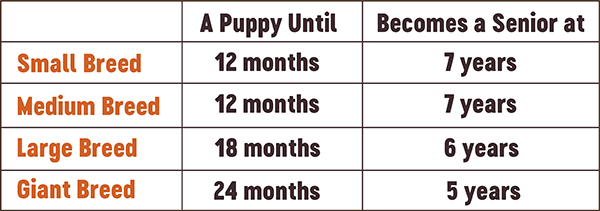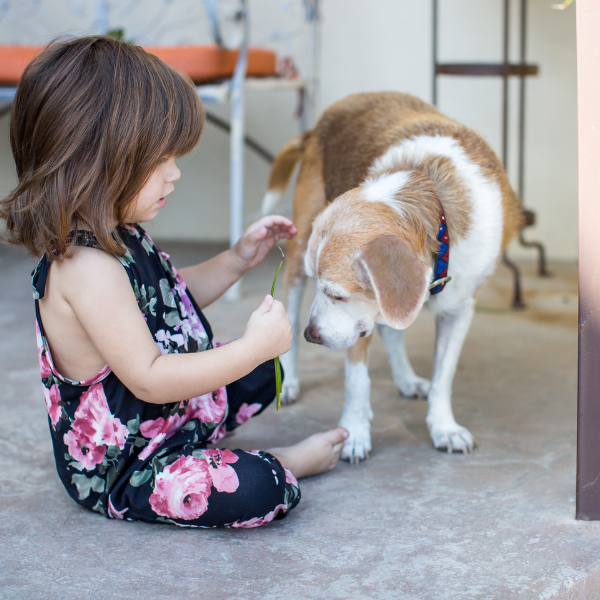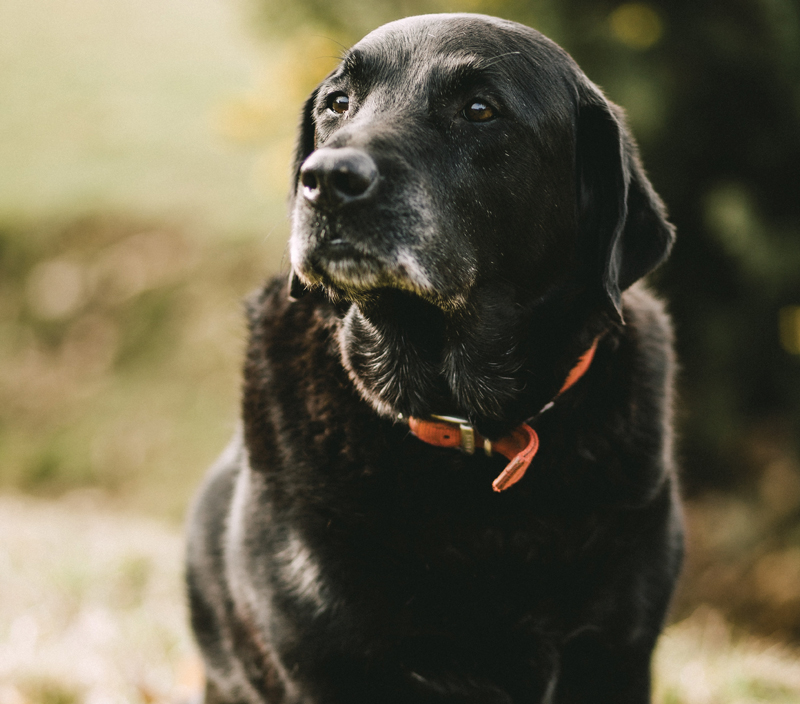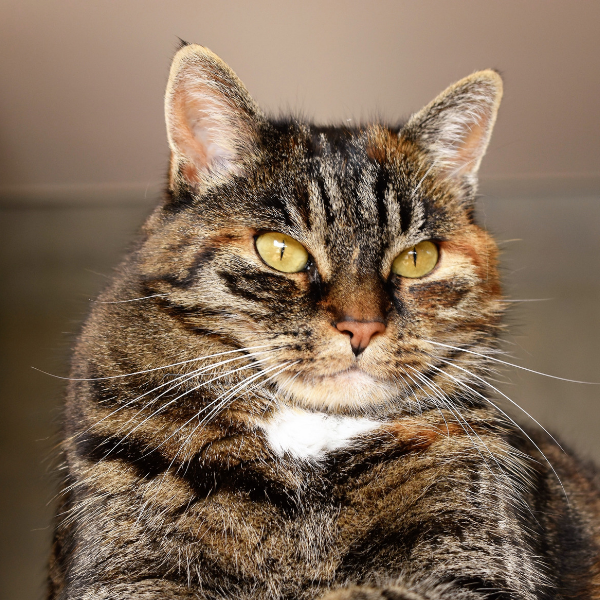Taking Care of a Senior Pet

When people think of “seniors’, they think of slowing down and of twilight years, which is why many are surprised to learn that pets are considered seniors starting at age seven; however, pets that age still have lots of life, love, and energy to share with you, and by living every day well with your senior pet, you can help ensure their years with you are long, happy healthy ones.

Make Time for Play Time
Playing is a great way to keep senior pet’s cognitively sharp. Pets learn and exercise their mental muscles during play. While senior pets may not seem as quick to dive into play as they did when they were kittens or puppies, they still enjoy playing with you. Look for toys that will stimulate their minds and interests without exhausting them physically.
Make Time for Fitness
Exercise for pets is just as important as it is for humans. Ideally, you and your pet will have a well-established fitness regimen by the time they reach their senior years, but if you don’t, that is okay. Make it a point to engage in some kind of exercise at least once per day with your pet. It can be a walk, a jog, or a few laps up and down the stairs. This keeps your pet’s muscles, bones, and joints healthy while also helping your pet maintain a safe weight.

Make Time to Eat Well
Good nutrition will also help your senior pet maintain a healthy weight. Not only that, but eating a clean, natural diet comprised of proteins and essential nutrients will help you pet stay will from the inside out. Organs and systems are healthier when senior pets eat special, all-natural diets formulated for their age and any other underlying health issues. Pets that eat well have more energy. Their skin, coat, and hair is also healthier, so take the time to look for a healthy pet food that suits your senior pet’s needs.
Make Time for Grooming
Well-groomed pets are happier and healthier; however, as animals age, their natural ability to groom themselves diminishes. None the less, pets still enjoy being clean just as much as they did in their youth. Senior pets need help with groomingthat is, cleaning their eyes, ears, teeth, gums, nails, fur, etc., on a regular basis.
Make Time to Visit the Vet
A critical part of lifelong wellness is staying on top of well-vet visits. When pets get into their senior years is usually when vets can spot potential future health issues. When vets are able to spot problems before they start, they can usually take preventative action, which helps keep your pet healthier longer.

November is ASPCA’s Adopt a Senior Pet Month. Live every day well with your senior pet by being active together and by eating well together. Wellness Pet Food wants you and your senior pet to have long years of quality time to enjoy, which is why all of our pet foods are all-natural and specially formulated for your cat or dog’s age and other health needs .








